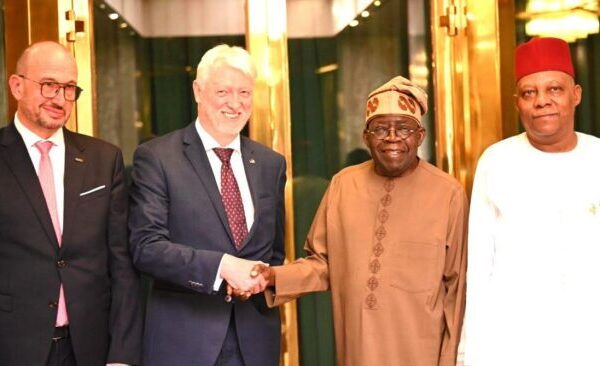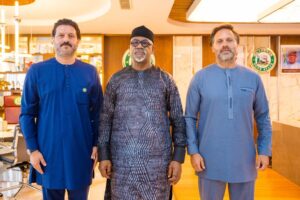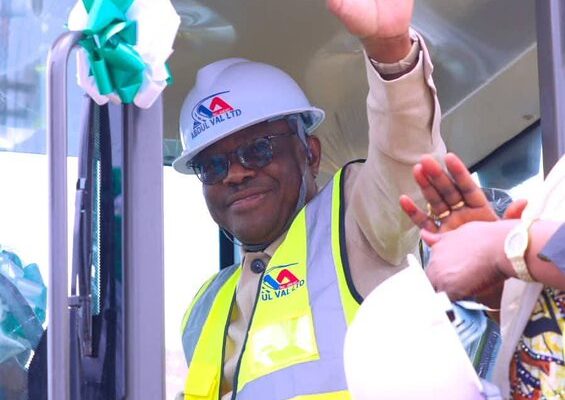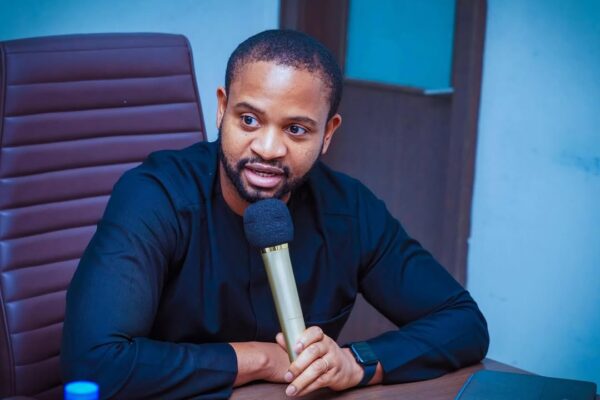
Tinubu Vows to Boost Nigeria’s Electricity Supply
President Bola Tinubu on Monday reaffirmed his administration’s commitment to improving Nigeria’s electricity supply through the ongoing Presidential Power Initiative (PPI) being executed in partnership with Siemens Energy. Speaking during a meeting with a Siemens Energy delegation led by Dietmar Siersdorfer, Managing Director for the Middle East and Africa, at the State House, Abuja, Tinubu said the government remains determined to deliver reliable power to drive industrial growth and improve citizens’ quality of life. The President emphasised that a stable power sector is vital to the nation’s economic recovery, with significant implications for industrial, educational, and healthcare development. “There is no industrial growth or economic development without power. I believe that power is the most significant discovery of humanity in the last 1,000 years,” Tinubu said. “We appreciate the partnership on this initiative. The progress so far is notable, but we know there is still more to be done.” Tinubu commended Siemens Energy and the German government for their support, assuring that Nigeria would continue to provide the necessary resources for the completion of the project. He also directed the expansion of major transformer substations from two to three phases to boost electricity capacity nationwide. “We are all inspired and happy. This is what we want to achieve on the continent—to show the glory of our economic recovery and the banishment of poverty,” the President added. This was contained in a statement by Bayo Onanuga, the Special Adviser to the President on Information and Strategy, on Monday, November 10. Vice President Kashim Shettima, Minister of Power Adebayo Adelabu, Minister of Finance and Coordinating Minister of the Economy Wale Edun, and Special Adviser on Energy Olu Verheijen were in attendance. In his remarks, the Power Minister said the sector had recorded several critical milestones, including decentralisation, liberalisation, and the signing of the Electricity Act 2023, which has attracted more than $2.2 billion in new investments.







